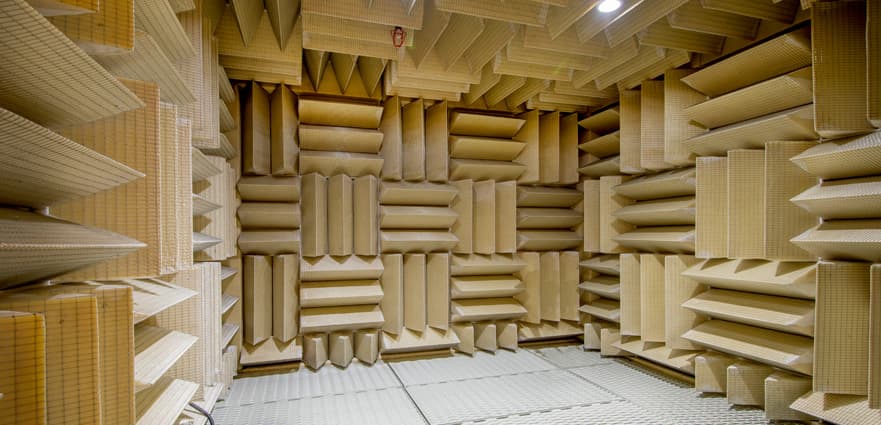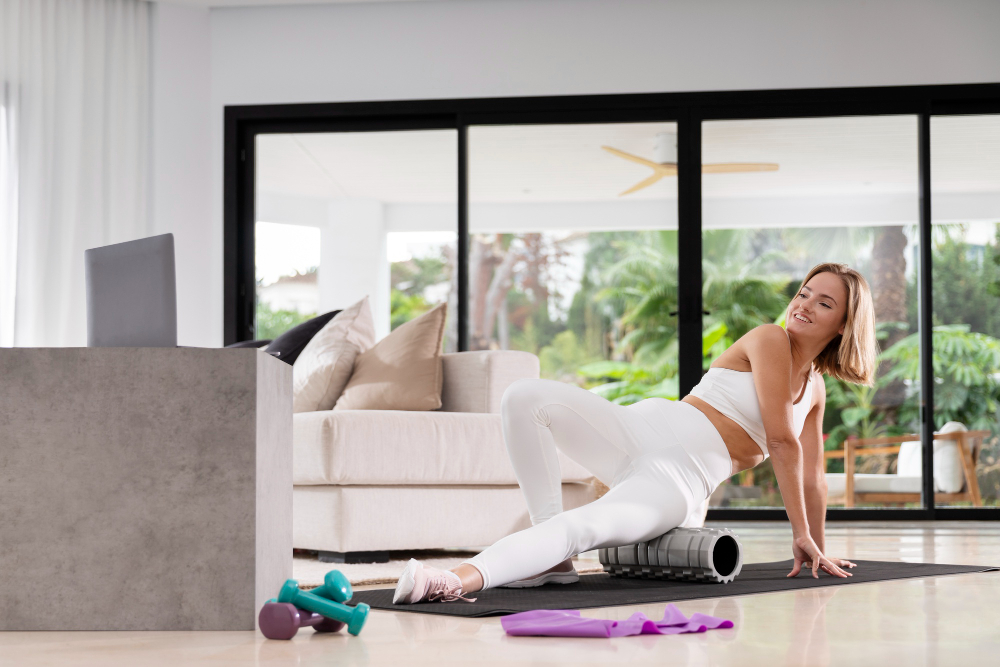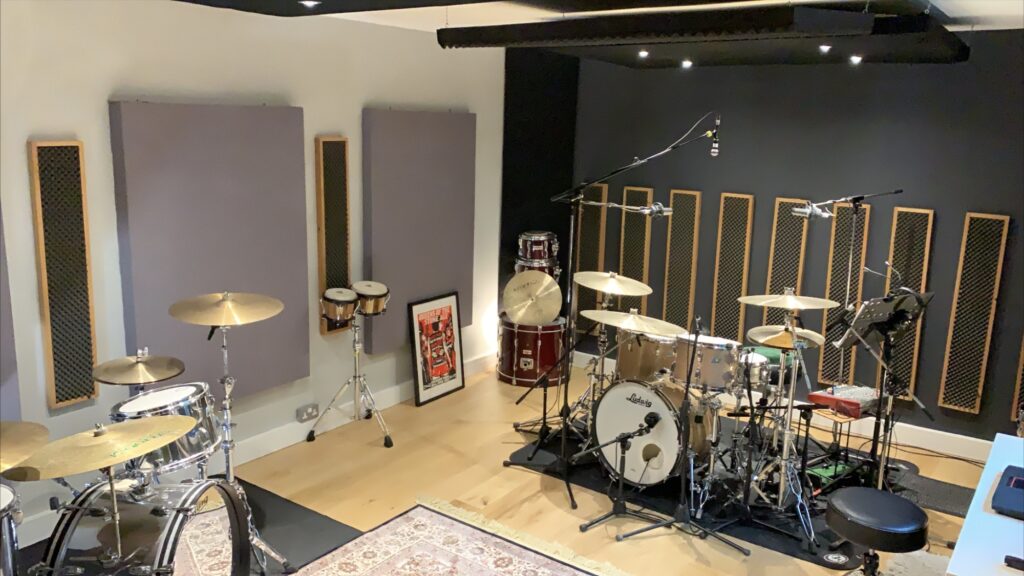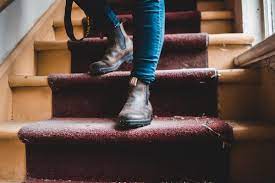Creating a home gym can be an excellent investment in your health and well-being, allowing you the convenience of working out on your own schedule without the need to travel to a commercial gym. However, one common challenge faced by many home gym enthusiasts is noise disturbance, whether it’s from heavy weights hitting the floor, loud music, or equipment vibrations. Fortunately, with the right techniques and materials, you can effectively soundproof your home gym to minimize disturbance to yourself and others in your household.
Understanding Soundproofing:
Before delving into the specific methods for soundproofing a home gym, it’s essential to understand the basics of soundproofing. Soundproofing involves reducing the transmission of sound waves from one area to another. This can be achieved by adding mass, damping vibrations, and creating barriers to block sound waves.

1. Choose the Right Location:
Selecting the optimal location for your home gym is the first step in minimizing noise disturbance. Ideally, choose a room that is isolated from high-traffic areas and bedrooms to avoid disrupting others. Basements, garages, or spare rooms with minimal shared walls are often suitable choices.
2. Use Thick Flooring Mats:
Heavyweight lifting and vigorous exercise routines can produce significant impact noise, especially if your gym is located on an upper floor. To dampen these noises, invest in thick rubber or foam flooring mats. These mats not only absorb impact but also help reduce vibrations that can travel through the floor.
3. Insulate Walls and Ceilings:
Adding insulation to the walls and ceilings of your home gym can effectively reduce the transmission of airborne sound. Fiberglass or mineral wool insulation are commonly used materials for this purpose. Install insulation between wall studs and ceiling joists, and consider adding an additional layer of drywall for extra soundproofing.
4. Install Acoustic Panels:
Acoustic panels are designed to absorb sound waves and prevent them from bouncing around the room, thus reducing reverberation and echo. Place acoustic panels strategically on walls and ceilings to improve sound quality and minimize noise transmission. Fabric-wrapped panels are aesthetically pleasing and can complement the decor of your home gym.
5. Seal Gaps and Cracks:
Even small gaps around doors, windows, and electrical outlets can allow sound to leak in and out of your home gym. Seal these gaps with weather-stripping, caulking, or foam sealant to create an airtight barrier against noise transmission.
6. Upgrade Equipment:
Some gym equipment, such as treadmills and elliptical machines, can be inherently noisy due to motor vibrations and moving parts. Consider upgrading to quieter models or placing vibration-dampening pads underneath the equipment to reduce noise transfer.
7. Utilize White Noise:
In addition to soundproofing measures, incorporating white noise machines or fans into your home gym can help mask any remaining noise and create a more pleasant workout environment.
Conclusion:
By implementing the techniques outlined in this guide, you can effectively soundproof your home gym to minimize disturbance and create a more enjoyable workout space. From choosing the right location to investing in quality soundproofing materials, taking proactive steps to reduce noise transmission will enhance your home gym experience for years to come.
FAQs:
Q: How much does it cost to soundproof a home gym?
The cost of soundproofing a home gym can vary depending on factors such as the size of the room, the extent of soundproofing required, and the materials used. On average, expect to spend anywhere from a few hundred to a few thousand dollars.
Q: Can I soundproof my home gym myself, or do I need professional help?
While some DIY soundproofing techniques can be effective, complex projects may require professional assistance. Consulting with a soundproofing expert can help you determine the best approach for your specific needs and budget.
Q: Will soundproofing my home gym completely eliminate all noise?
While soundproofing measures can significantly reduce noise transmission, it’s unlikely to eliminate all noise entirely. However, proper soundproofing can create a much quieter and more comfortable workout environment.
Q: Are there any building code regulations I need to consider when soundproofing my home gym?
Building codes and regulations regarding soundproofing vary by location. Before undertaking any soundproofing projects, check with your local authorities to ensure compliance with relevant regulations.




